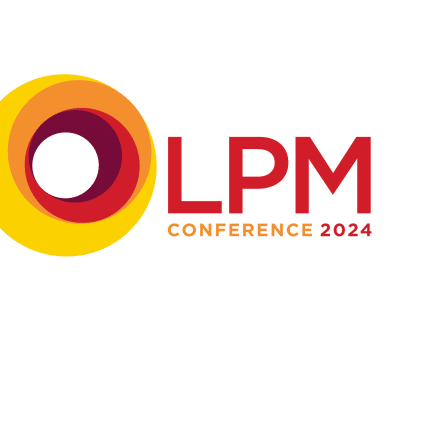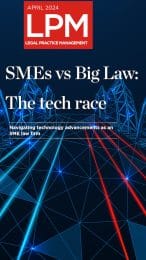
Hedges Law on employee ownership
Two years in, employee ownership (EO) at Hedges Law has increased workforce engagement, profits and reduced recruitment challenges. Nicola Poole, managing director, shares how the firm underwent the transition and the outcomes experienced since.
In May 2021, Hedges Law became only the fifth law firm in the country to be employee-owned. As the hitherto sole owner of this 235-year-old law firm, I had been keeping a really firm focus on succession planning. I’m not quite ready to hang up my boots yet, but I’m no spring chicken either, and like so many of us, the pandemic led me to look at the future with a slightly less cavalier view. Furthermore, with partnership seen as far more of a poison chalice by younger lawyers than the holy grail it was when I qualified, I knew I couldn’t rely on the traditional route.
At the time of the transfer of shares, we involved our employees in a couple of key decisions. Firstly, what did they think we should call ourselves post-EO? Famously, the inaugural EO law firm transition at Stephen Scowns resulted in ‘Scownership’ and ‘Scowners’: could we find something similarly catchy? Ideas bounced around, a vote was held, and the ‘HedgeHolding’ was born. That of course means that our employees now proudly call themselves ‘HedgesHolders’ and even have this on each of their email signatures.
We also asked for help in deciding how to share the company profit post-EO transition. Although the EO rules gave us flexibility in deciding how we shared the profit, we had to ensure that the same formula would be applied across the board. We could for example, have shared the profit according to years of service, revenue generated, as a percentage of salary, or even in accordance with client review scores: the choice was ours. To my personal delight, the HedgeHolders decided that salary and bonus reward an individual’s discretionary effort but that EO was about team effort and joint enterprise, so profit should be divided equally amongst every employee, regardless of hours worked.
So we’re just over two years into our journey now, and I can honestly say that I am really delighted at how much of a difference being employee-owned seems to have made to the business. Productivity and revenue are the highest it’s been since we first opened our doors back in 1789. Lock-up is down significantly too — and not due to a demonic debt recovery team but due to each HedgeHolder feeling personally invested in the firm’s cash position and behaving accordingly. Staff engagement is up quarter on quarter, with our HedgeHolder surveys showing scores in the high 80s and low 90s in areas such as ‘sense of purpose’, ‘common bond’ and ‘connection’. It’s helped a lot in the challenging area of recruitment too: what we offer new arrivals is certainly something more inspiring and motivational than most of our competitors.
With employee-ownership definitely comes empowerment and the lack of traditional hierarchy and ‘pecking order’ means that even the newest arrival or youngest recruit is actively encouraged to innovate. How many firms run their business only on the ideas of those who have the least experience of working outside it?!
Our five-star client reviews are increasing exponentially, and excitingly, we are starting to convert prospects on the basis of being employee-owned. People buy from people after all, and perhaps the reenergising and unification of our workforce as their stake in the business has changed their mindset is simply contagious: something that our clients can feel too.
The next steps for the business are to move from 10% employee-ownership to full employee-ownership within the next few years. Precise timings will much depend on the scale of the business’ profitability and growth, of course, but if our current trajectory continues, it certainly looks likely to happen sooner rather than later.



